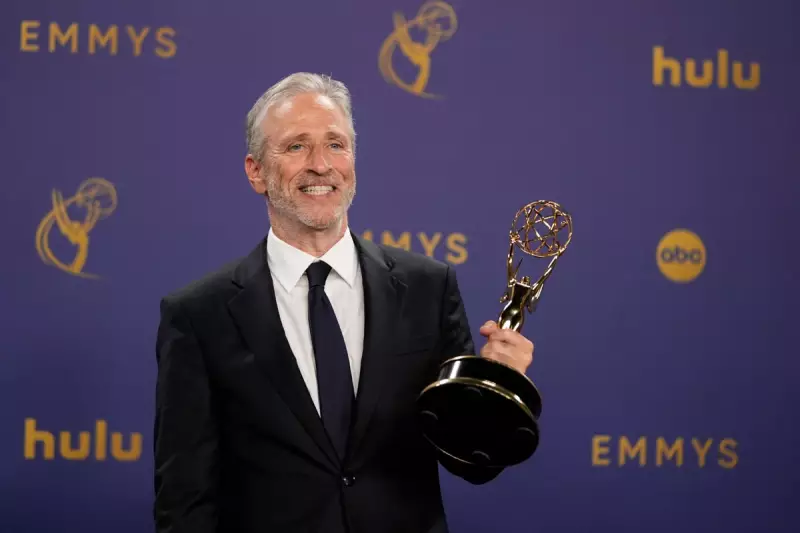
In a dramatic escalation of their ongoing war of words, late-night television host Jimmy Kimmel used his platform on Jimmy Kimmel Live! to deliver a scorching, point-by-point rebuttal to right-wing commentator Charlie Kirk, who had made misleading claims about Kimmel's salary.
The feud ignited after Kirk, founder of Turning Point USA, appeared on a podcast and erroneously stated that Kimmel earns $30 million annually from ABC. Kirk used this inflated figure to criticise the host's political commentary.
Kimmel Sets the Record Straight
Not one to let inaccuracies slide, Kimmel dedicated a segment of his show to fact-checking his critic. "He was off by a factor of three," Kimmel stated, clarifying that his actual salary is a still-hefty but significantly lower $15 million per year. He challenged Kirk's narrative, asking why such a simple fact couldn't be verified.
Kimmel didn't stop at the salary correction. He played the original podcast clip and systematically dismantled other claims, including Kirk's assertion that the ABC theatre was "half-full." Kimmel countered by showcasing a packed house, visibly amused by the unfolding takedown.
A Call for Accountability Over Allegiance
The core of Kimmel's retort focused on a larger issue plaguing public discourse: the spread of misinformation. "If you want to be a patriot, then actually love your country enough to tell the truth about it!" he passionately declared from his desk.
He argued that figures like Kirk prioritise ideology and audience reaction over factual accuracy, creating a dangerous environment where truth becomes secondary to political point-scoring.
An Evening of Serious Undertones
The segment provided a moment of serious commentary within the typically comedic show. This seriousness was echoed later in the same episode during an interview with Nobel Peace Prize-winning journalist Maria Ressa.
Ressa, a fierce advocate for combating online misinformation, discussed the very dangers Kimmel had highlighted. Her presence underscored the global scale of the problem, framing Kimmel's personal feud as a microcosm of a much larger battle for truth in the digital age.
The incident marks another chapter in the increasing intersection of entertainment television and political fact-checking, with Kimmel positioning his show as a platform to challenge false narratives directly.




